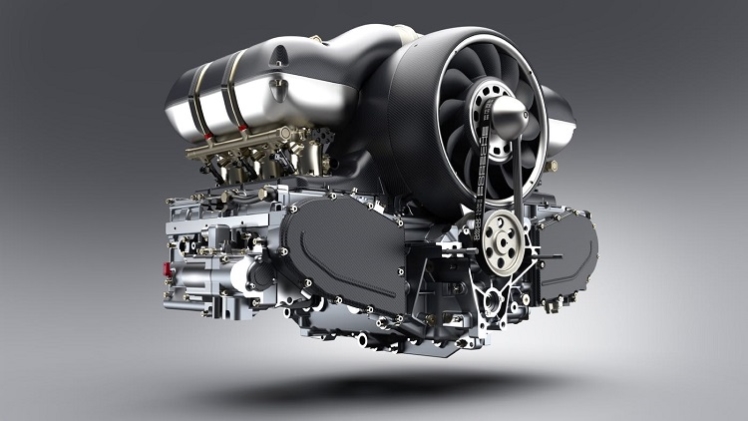In the realm of hospitality and customer service, every detail matters when it comes to making guests feel welcomed and cared for. One such detail that can significantly elevate the guest experience is the provision of valet parking services. Offering valet parking goes beyond mere convenience; it embodies a commitment to ensuring seamless and memorable experiences for visitors. This article explores the various benefits of valet parking services and how they contribute to enhancing overall guest satisfaction.
Convenience and Accessibility
Valet parking services epitomize convenience, offering guests the luxury of arriving at their destination without the hassle of finding parking. Whether it’s a bustling urban hotel, a vibrant restaurant, or an upscale event venue, valet parking ensures that guests can focus on enjoying their experience rather than navigating parking logistics. This convenience is especially appreciated in busy areas where parking spaces are limited or hard to find.
First Impressions and Hospitality
The first moments of interaction between guests and a venue set the tone for the entire experience. Valet parking services provide an immediate opportunity to make a positive impression. A warm greeting from valet attendants and swift assistance with parking can convey a sense of hospitality and attentiveness, signaling to guests that their comfort and convenience are top priorities.
Safety and Security
Security concerns are paramount for guests leaving their vehicles in unfamiliar surroundings. Valet parking services offer reassurance by placing responsibility for the safety and security of vehicles in the hands of trained professionals. Valet attendants are typically equipped to handle vehicles safely, minimizing the risk of accidents or theft. This sense of security allows guests to relax and enjoy their time without worrying about the safety of their cars.
Maximizing Space Utilization
For venues with limited parking availability, valet services are a strategic solution to maximize parking space utilization. By efficiently maneuvering vehicles and parking them in designated areas, valet attendants can optimize the use of available parking spaces, ensuring that more guests can access the venue without parking constraints.
Accessibility for All Guests
Accessibility is a crucial consideration for ensuring that all guests, including those with mobility challenges or special needs, can access and enjoy the venue comfortably. Valet parking services cater to these needs by offering close proximity drop-off points and convenient vehicle retrieval services. This inclusivity enhances the overall accessibility of the venue, making it more welcoming and accommodating for diverse guest demographics.
Time Efficiency
In today’s fast-paced world, time efficiency is highly valued. Valet parking services streamline the parking process, allowing guests to save valuable time that would otherwise be spent circling for parking spots or walking long distances. This efficiency is particularly beneficial for guests attending events or dining experiences where punctuality and convenience are paramount.
Enhancing Event Experiences
For events such as weddings, corporate gatherings, or private parties, valet parking services contribute to the seamless flow and organization of the occasion. Guests arriving at events appreciate the smooth transition from their vehicles to the event venue, creating a positive impression from the outset. Valet services can also manage the departure process efficiently, ensuring a satisfying end to the event experience.
Brand Image and Customer Loyalty
The provision of valet parking services reflects positively on the brand image of a venue or establishment. It demonstrates a commitment to superior customer service and attention to detail, which can enhance overall customer satisfaction and loyalty. Guests who experience hassle-free parking and attentive service are more likely to return to the venue and recommend it to others, thereby bolstering the venue’s reputation and clientele.
Sustainability Considerations
In today’s environmentally conscious landscape, valet parking services can incorporate sustainability practices to minimize their ecological footprint. This can include initiatives such as using electric vehicles for valet transport or implementing efficient parking management systems that reduce congestion and emissions.
Conclusion
Valet parking services represent more than just a convenience; they embody a commitment to enhancing guest experiences through convenience, safety, efficiency, and hospitality. By offering valet parking, venues and establishments not only simplify the arrival and departure process for guests but also create lasting impressions that contribute to customer loyalty and satisfaction. As hospitality continues to evolve, valet parking services remain a hallmark of exceptional guest service and a key element in elevating the overall guest experience.









![Road Safety: Prevent Smash and Grab [Infographic]](https://static.wixstatic.com/media/ed84e0_1a659d794cc943c79da66c7b35cc7fb5~mv2.png/v1/fill/w_740,h_5693,al_c,q_95/ed84e0_1a659d794cc943c79da66c7b35cc7fb5~mv2.webp)
